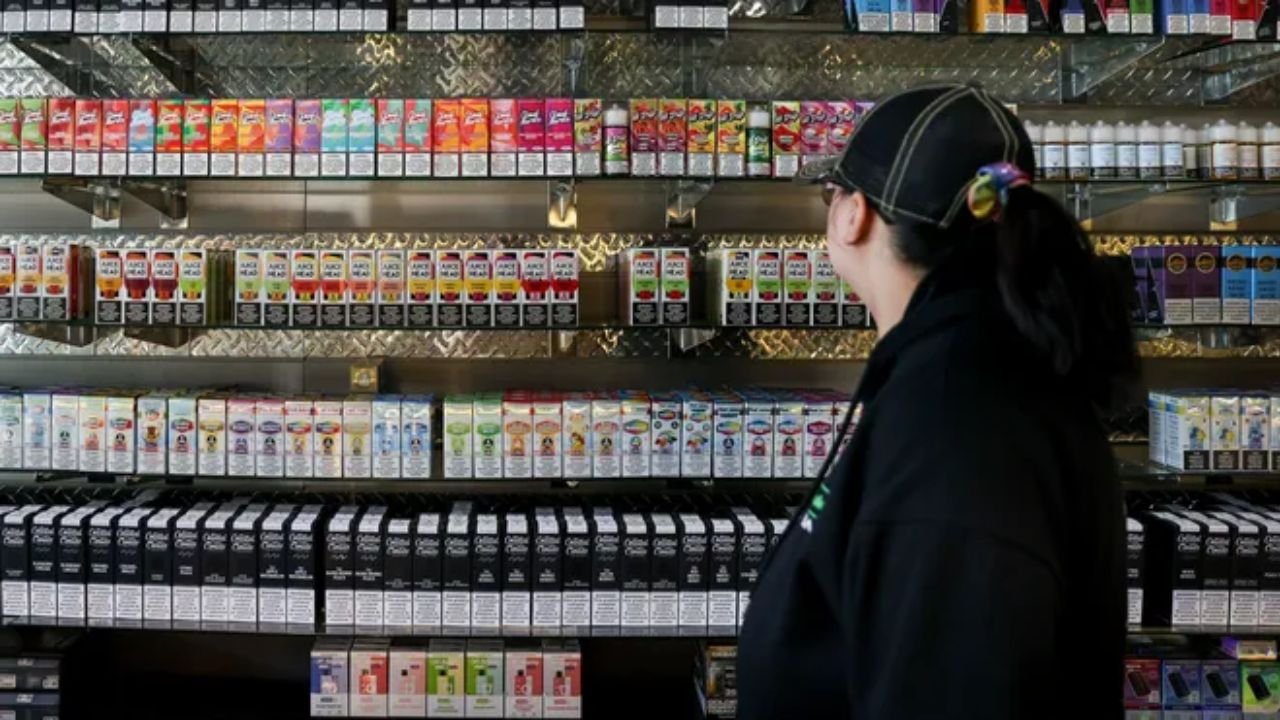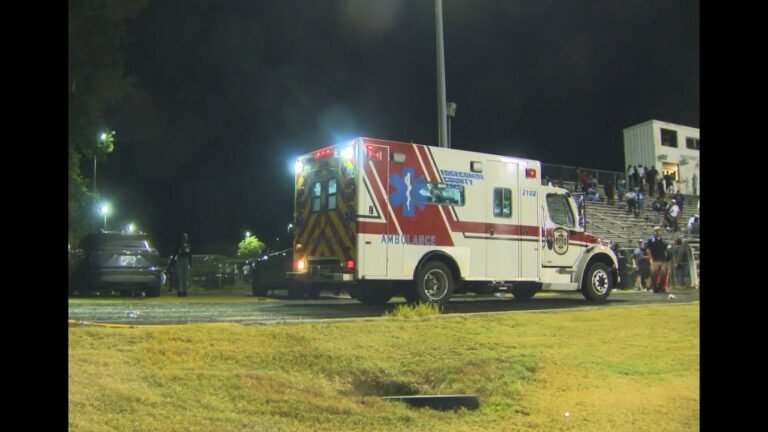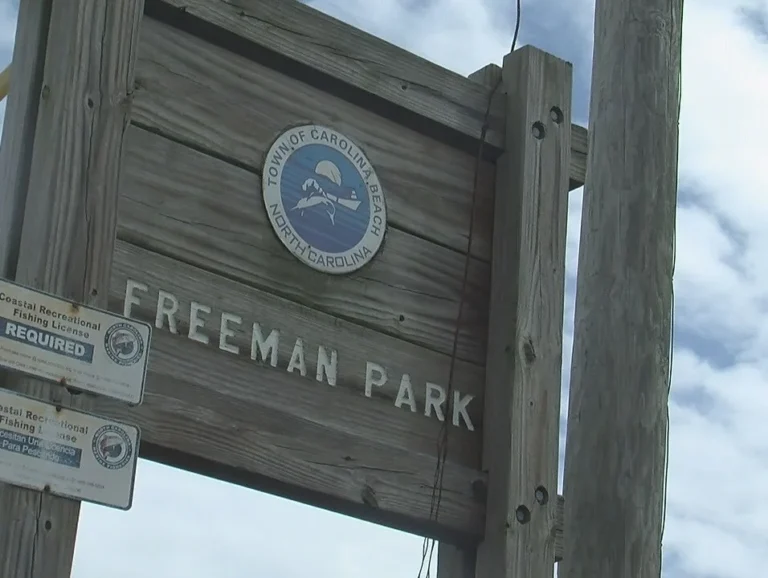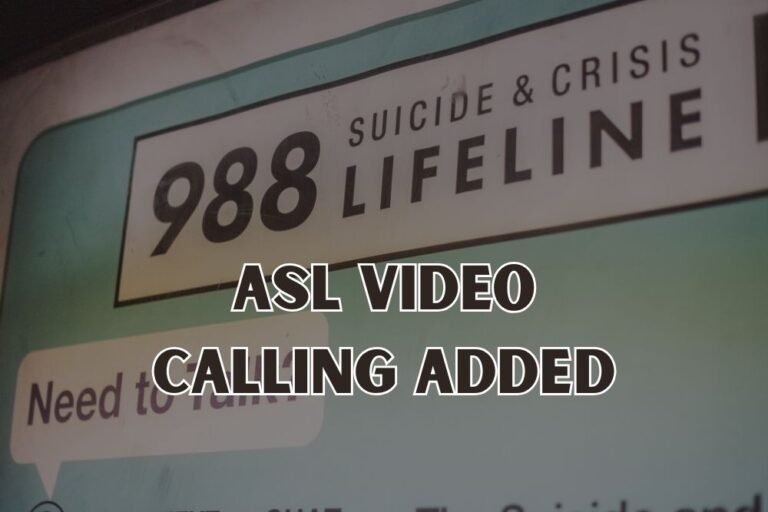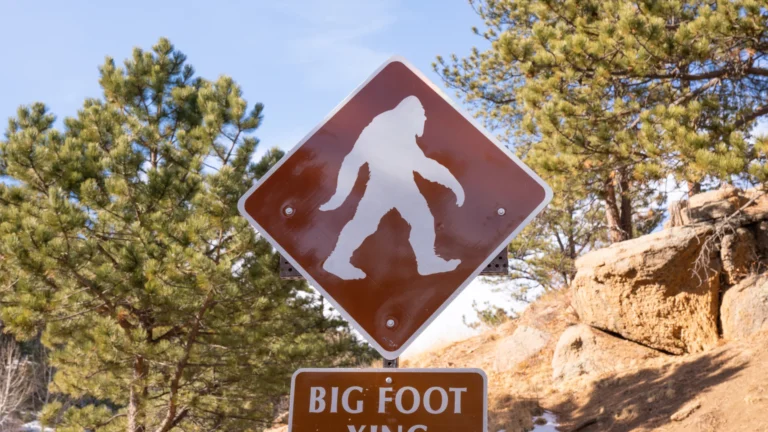North Carolina’s 2025 Vape Ban Takes Effect, Targeting Non-FDA-Approved Products
RALEIGH, N.C. — A sweeping new state law is now in effect banning the sale of most disposable vape products in North Carolina. As of July 1, 2025, vape shops and convenience stores can no longer sell disposable brands unless they’re explicitly listed on the state’s FDA-certified directory, a move aimed at curbing teen vaping and enforcing health regulations statewide.
The law, known as House Bill 900, marks a major shift in how North Carolina regulates nicotine and vapor products.
Which Vapes Are Now Illegal?
The law prohibits any retailer from selling disposable vapes that are not listed in the state’s Vapor Product Directory, which includes only those with FDA marketing approval or pending FDA applications. Popular brands like Elf Bar, Lost Mary, and HQD are among those impacted, as they are not FDA-authorized and therefore not on the state-approved list.
The new regulations were detailed by WRAL News following a statewide rollout. Retailers were given until June 29 to remove non-compliant products or face escalating penalties.
What Is the Vapor Product Directory?
North Carolina’s Department of Revenue now maintains a monthly-updated directory of all legal vapor and consumable products. According to the official NCDOR site, any manufacturer that wants their product sold in North Carolina must:
- Submit proof of FDA approval or pending premarket tobacco application
- Pay a $2,000 initial certification fee and annual renewals
- Re-certify products each year to remain listed
Retailers are required to check the directory monthly to avoid selling banned products and risking violations.
Why the State Is Cracking Down
State leaders say the goal is to protect minors from addiction and eliminate unregulated, flavored products that often target teens. According to WRAL’s investigation, nearly 1 in 8 high schoolers in the state report regular vape use — mostly through fruity disposable vapes.
“Kids are hooked on these sweet, high-nicotine devices. We had to act,” said one Wake County legislator who helped sponsor the bill.
The law also aligns with FDA enforcement priorities that restrict marketing of flavored vapes to minors.
Penalties for Retailers
Retailers who violate the ban could face:
- First offense: Warning and mandatory reinspection
- Second offense: Fines of $500–$750 and possible 30-day suspension of sales
- Third or more: Fines up to $1,500 and license revocation
Manufacturers that continue shipping illegal products to stores may also face civil penalties of up to $10,000 per product, according to Enlace Latino NC.
What Products Are Still Legal?
Some products remain legal for sale:
- FDA-approved or pending-approval vape cartridges or disposables
- Vape hardware or refillable systems without nicotine
- Hemp-derived and THC vapes (regulated under different laws)
Retailers are encouraged to carry only those products listed on the NCDOR-certified list.
How Retailers Are Responding
Many vape shop owners say they’ve already felt the impact. A Raleigh-based store owner told NC Newsline that disposable vape sales made up nearly 40% of their business. “We complied with the law, but we had to clear out half our inventory overnight,” they said.
Some stores have begun stocking approved alternatives or switching to CBD products to recover lost revenue.
Community Health Experts Support the Move
Health professionals say the law is long overdue. “It’s a significant win for teen health,” said a spokesperson from the NC Department of Health and Human Services. “These products often bypass regulation and contain harmful additives that aren’t even disclosed.”
Local school districts are also reporting support, as schools struggle to manage on-campus vape use and student nicotine addiction.
What Parents and Teens Need to Know
- Underage possession or purchase remains illegal
- Teens caught using or sharing illegal disposables could face school discipline or juvenile action
- Parents are urged to check for vapes in backpacks and talk to teens about addiction
Retailers must now post signage about the law and verify ID for all purchases — including from customers over 21.
Have you or someone in your family been affected by the vape ban? Did your favorite product disappear from shelves? Share your thoughts at SaludaStandard-Sentinel.com — we’re highlighting real stories behind North Carolina’s big shift in vape law enforcement.

